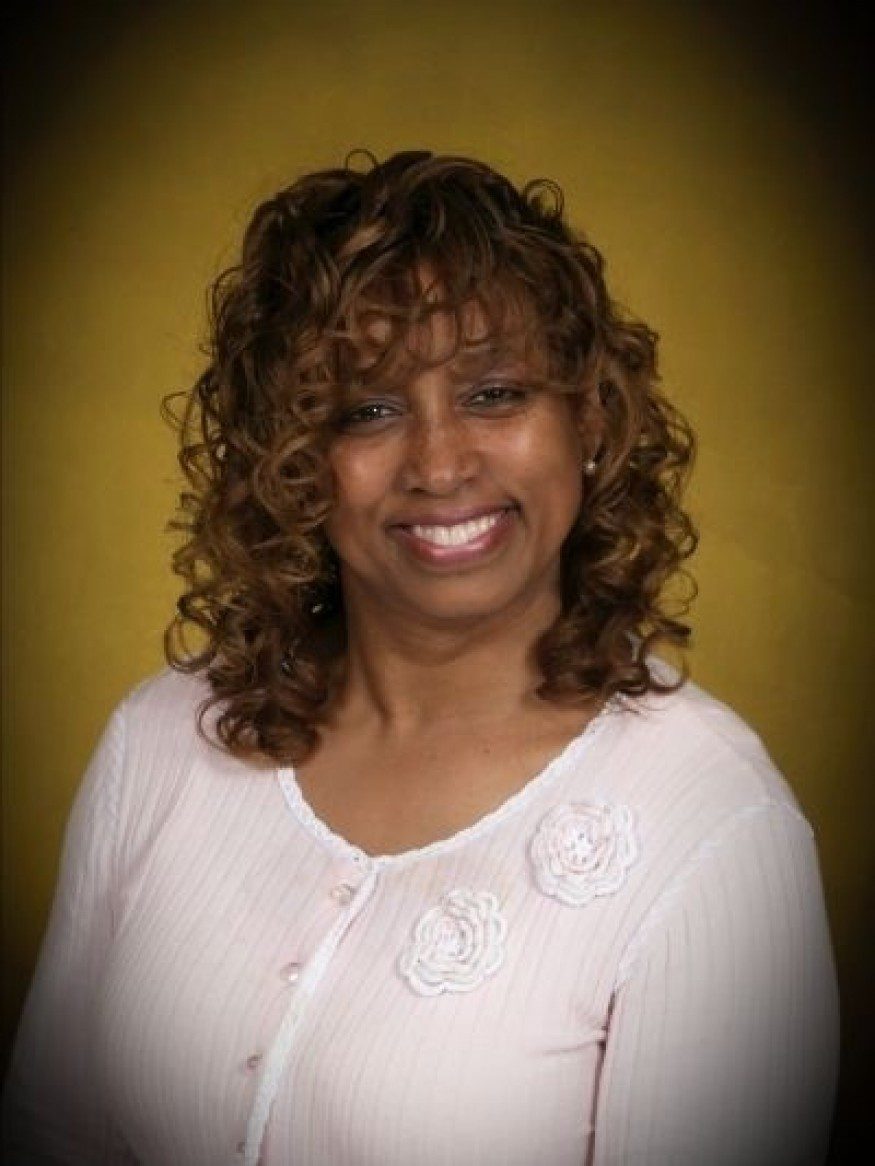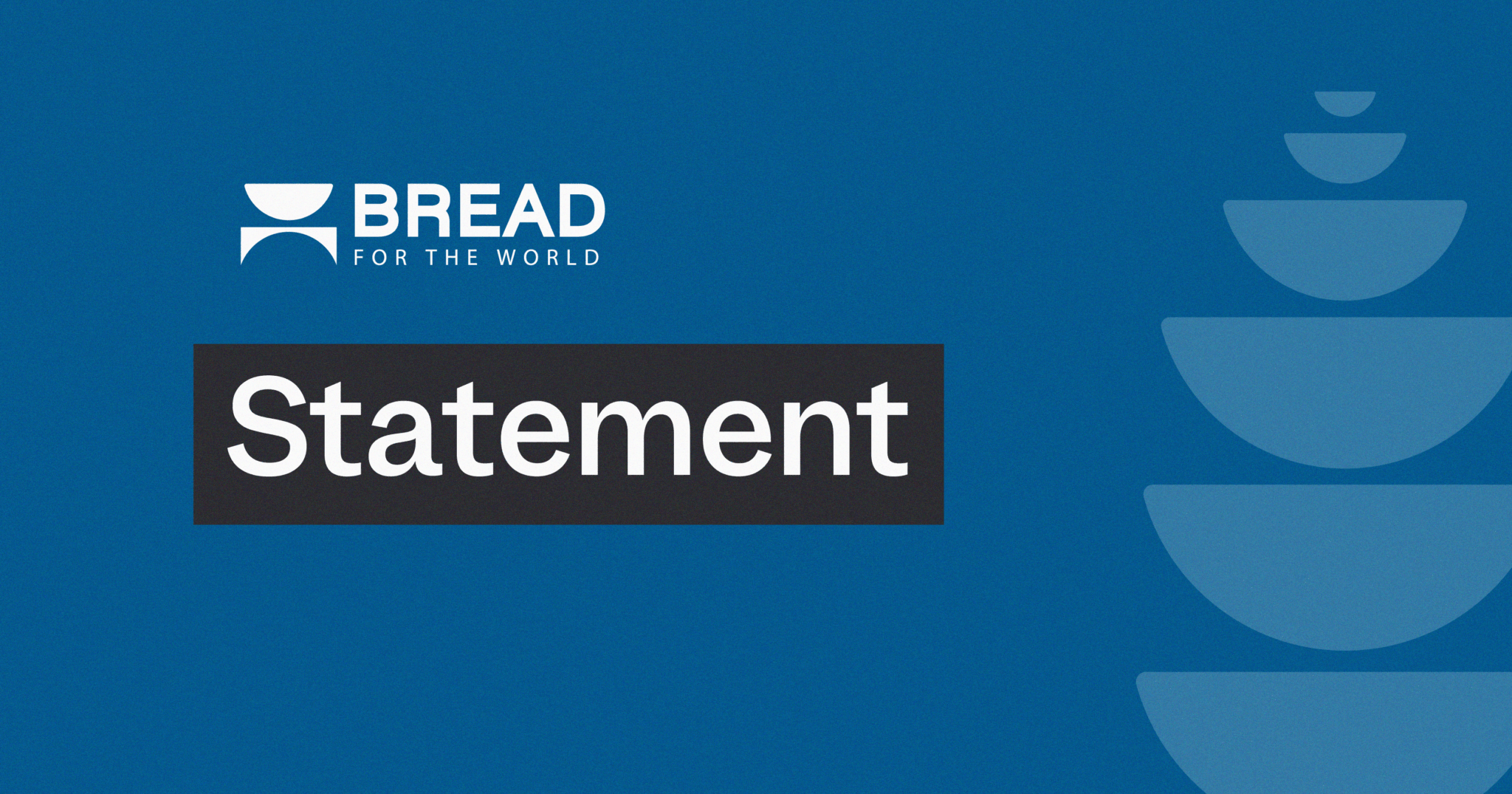By Rev. Dr. Angelique Walker-Smith
“Whoever pursues righteousness and love finds life, prosperity, and honor.” Proverbs 21:21 NIV
Recently, the United States surpassed 200,000 deaths due to COVID-19. This number includes the disproportionate rate of deaths among people of African descent. Bread for the World Institute has determined that for every 100,000 African Americans, about 26 have died, compared to nine among whites. In six states and the District of Columbia, the African American mortality rate is five times the national average.
The historic and recent occasions of police brutality have dramatically contributed to the disproportionate numbers of fatalities of African Americans due to racialized violence. At the same time, campaigns like Souls to the Polls, Turnout Sunday, and Black Lives Matter coalitions have mobilized for more protection of Black lives.
These events and campaigns have revealed the structural racial inequities that promote the lack of protection of Black lives and the related systematic efforts to dismiss and minimize the participation of people of African descent in the election of government leaders.
From 1619 to 1808, enslaved African sons and daughters were brought to the United States. Millions perished during the horrendous journey. The law of enslavement continued until 1865. As noncitizens in the United States, they were lawfully banned from participating in elections and decisions that governed their lives. Still they labored without wages and were subject to other brutal forms of human indignities while building the foundation of the economy today. This and other life-threatening conditions led to a dramatic loss of Black lives.
While the 14th Amendment to the Constitution in1868 granted African American men the rights of citizenship, this did not always translate into the ability for them to vote. Black voters were systematically turned away from the polls. To combat this, Congress passed the 15th Amendment in 1870. This action led to a promising Reconstruction period with African American electoral gains and roles in decision-making.
But the Reconstruction period was overturned by Congress and the Jim Crow era followed. Congress also removed military protections for Black lives. Many died from lynching. Despite the gains of women to obtain the vote with the 19th Amendment, the daughters of Africa—just like the sons of Africa—were systematically rejected from voting until the Voting Rights Act of 1965.
Voting matters when seeking to protect Black lives! This was demonstrated in 2008 when African Americans were able to vote substantially in the election of the first African American president, Barack Obama. One of his major achievements, with the Congress, was adding 20 million people to healthcare rolls, saving more Black lives.
This year’s election is just as important and timely for protecting Black lives. Voting is not an option if one cares about protecting Black lives: It is a mandate. Make a voting plan and vote. Black lives depend on it. It could be your one vote that makes the difference!
Rev. Dr. Angelique Walker-Smith is senior associate for Pan African and Orthodox Church engagement at Bread for the World.



